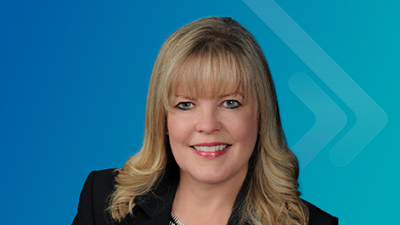 The use of illicit drugs has increased since 2007, according to a 2013 national survey. In addition to this, one of the major diagnostic companies has reported that the number of American workers testing positive for illicit drugs increased in 2013 and 2014. When you combine these facts with a number of states legalizing medical marijuana, recreational marijuana, or both, you start to realize why many employers and medical practices have implemented drug-free workplaces. The key to this implementation is knowing the options and having clear-cut policies in place.
The use of illicit drugs has increased since 2007, according to a 2013 national survey. In addition to this, one of the major diagnostic companies has reported that the number of American workers testing positive for illicit drugs increased in 2013 and 2014. When you combine these facts with a number of states legalizing medical marijuana, recreational marijuana, or both, you start to realize why many employers and medical practices have implemented drug-free workplaces. The key to this implementation is knowing the options and having clear-cut policies in place.
A medical practice, or any business, needs to determine its objective prior to initiating any drug-testing policy. There are three forms of drug testing – pre-employment testing, post-injury testing, and random or periodic testing. Pre-employment testing helps to screen potential hires who use drugs. Post-injury testing can determine if drug use contributed to an on-the-job accident or injury. Random testing can deter drug use among all of your employees. You need to determine what options are best for your practice and make sure that all employees are clear about the testing.
The most common form of testing is by taking urine samples. This is easy to administer, inexpensive, and can detect a number of drugs. Some other testing methods include hair and saliva sampling. The test using human hair can detect drugs that have been in the system for up to 90 days, which can be helpful for employers looking to perform pre-employment drug screening.
All of our human resource specialists, along with labor and employment attorneys, highly recommend that all practices have a clearly written drug policy. The policy should not only explain the testing method, it should provide details of any consequences for a positive drug-test result. We have seen this discussion in the headlines as many states consider the legalization of medical and recreational marijuana. Employers must remember that federal laws and regulations continue to require employers to keep illegal drugs out of the workplace.


























